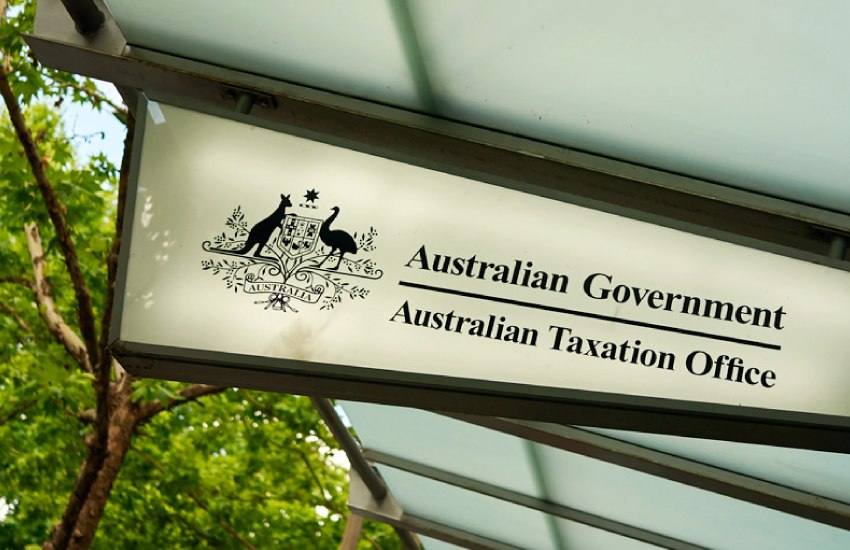ATO flags common TBAR failures for SMSFs
The ATO has said that there are a number of issues relating to transfer balance account reporting that continue to plague SMSFs, including double reporting and unreported debits, which can cause adverse outcomes in some cases.
In a recent webinar, ATO director Helen Morgan explained that there are a number of issues that SMSF professionals and their clients may need to turn their mind to.
Ms Morgan said that some of the common scenarios that SMSFs have been encountering are failures to report debit events such as a commutation or a structured settlement contribution made on or after 1 July 2017, and failing to correct double reporting where an income stream may have been reported by both the trustee and their agent.
“There can also be issues with the way SMSFs try to correct the reporting, in which case they may need to contact us to resolve the issue,” Ms Morgan said.
Where SMSFs need to correct the information reported to us, she said, they need to lodge a TBAR to cancel the incorrect information and the information they provide on the cancellation TBAR must match the event they need to cancel.
“For example, if you reported two SIS income stream events and wish to cancel both of the events that have been reported, you need to lodge a TBAR telling us each separate record you wish us to cancel,” Ms Morgan explained.
“You cannot lodge a single TBAR asking us to cancel an amount equal to the sum of the two income streams because our system will not be able to find the event that you want us to cancel.”
Practitioners, she said, may also want to advise SMSF members that they will be able to see any change in the reporting reflected in their myGov account once the ATO has received and processed information from another fund.
SMSFs should also be aware, she said, that if the ATO does not receive the reporting for members in time for the ATO to revoke the commutation authority, they will still need to comply with the commutation authority it has issued to them.
“The consequences of not complying with the commutation authority would still apply, with possible adverse consequences for the member,” she warned.
Ms Morgan explained this with an example of a member with both an SMSF and an APRA-regulated fund.
“Alex exceeded his transfer balance cap and was sent a determination requiring him to commute $42,239.98 from a pension by 3 September 2018. We received no reporting that Alex did this. On the 15 January 2019, we sent Alex’s APRA fund a commutation authority requiring them to commute this amount from the pension Alex holds with them by 18 March 2019,” she explained.
“On receiving the commutation authority, Alex’s fund contacts Alex, who advises that the fund should not action the commutation authority as Alex was never in excess and there was an error with the transfer balance account information reported to us by Alex’s SMSF.”
The SMSF, she said, then lodges a TBAR with us electronically on 22 January to cancel the incorrect information and we process it on that day.
“We re-evaluate Alex’s transfer balance account overnight, and on 24 January we issue a revoked commutation authority to Alex’s APRA fund,” she said.
ATO assistant commissioner Dana Fleming previously flagged that transfer balance account reporting would be one of the key focus areas for the ATO in the 2019–20 financial year.
While she acknowledged that the 2018–19 financial year has been a transitional year for the SMSF industry, the ATO has identified a couple of areas of concerns, particularly where funds re-report after the ATO has already issued a determination or a commutation authority.
In most cases, she said, the re-reporting has either amended the starting value of the pension, reported a commutation of a pension on the same day it started or removed the pension completely.
“However, from 1 July this year, we will be following up with funds where a member is prima facie in excess of their transfer balance cap and their SMSF re-reports after we have issued the member with a determination or a commutation authority to the SMSF such that miraculously an excess no longer exists.”

Miranda Brownlee
Miranda Brownlee is the deputy editor of SMSF Adviser, which is the leading source of news, strategy and educational content for professionals working in the SMSF sector.
Since joining the team in 2014, Miranda has been responsible for breaking some of the biggest superannuation stories in Australia, and has reported extensively on technical strategy and legislative updates.
Miranda also has broad business and financial services reporting experience, having written for titles including Investor Daily, ifa and Accountants Daily.








